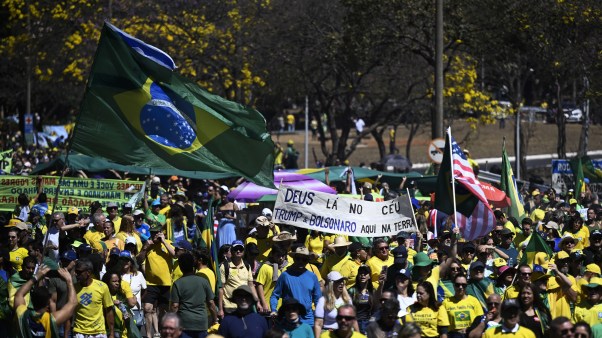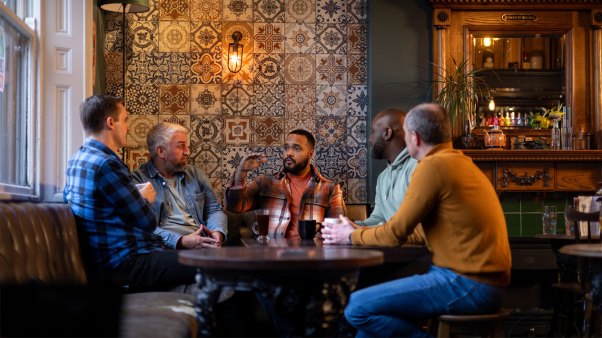Religious Americans participate in charitable or volunteer organizations twice as much as do secular Americans. So says existing research. But a new study suggests that it's not people's religion that prompts them to become model volunteers, but which high school they attended.
According to Calvin College researchers Jonathan Hill and Kevin den Dulk, the type of high school people attend influences them more than any other factor—including religion, socioeconomic status, or family type.
What type makes the most difference? Their study, published this March in the Journal for the Scientific Study of Religion, shows that graduates of Protestant high schools out-volunteer peers from Catholic, secular, public, and home schools—all by significant margins.
The "counterintuitive" findings (researchers expected homeschoolers to be on top) stayed consistent throughout all tests, den Dulk says.
"Educational setting," he said, has a value "beyond religious identity."
The problem is no one knows exactly why Protestant schooling predicts the likelihood of volunteering.
David Sikkink, an associate professor of sociology at the University of Notre Dame whose research has found similar results, believes that somehow teachers implant a sense of civic duty in students' minds.
Protestant schools tend to be strong communities where students get a sense of "collective identity," he said, "and they get practice committing to the common good of the institutions."
One possible explanation is the type of "opportunity structure" for community service that exists for graduates. Hill and den Dulk speculate that Protestant schools may provide better access to parachurch groups like Youth for Christ or InterVarsity, which are present in both high schools and colleges.
Another explanation could be the way Protestant teachers motivate students. Bill Cochran, director of school ministry for the Lutheran Church–Missouri Synod, says most of its teachers encourage students to love their neighbors not because it's a civic duty, but because it's a biblical one.
Robert Wuthnow, professor of sociology at Princeton and author of Learning to Care, says it may not matter where a student volunteers. His research indicates that the willingness to volunteer comes from both the quality of the service and debriefing sessions that follow.
"The key factor was coming to think of oneself as a caring person," Wuthnow said. "That meant not just being good-hearted, but knowing that one had some skills that would carry forward."
But the Calvin study suggests that Wuthnow may not be right, according to Hill.
"It's more likely they just get in the habit of doing it and automatically volunteer when there are opportunities," he said. "Schools somehow affect people's habits below the surface."










